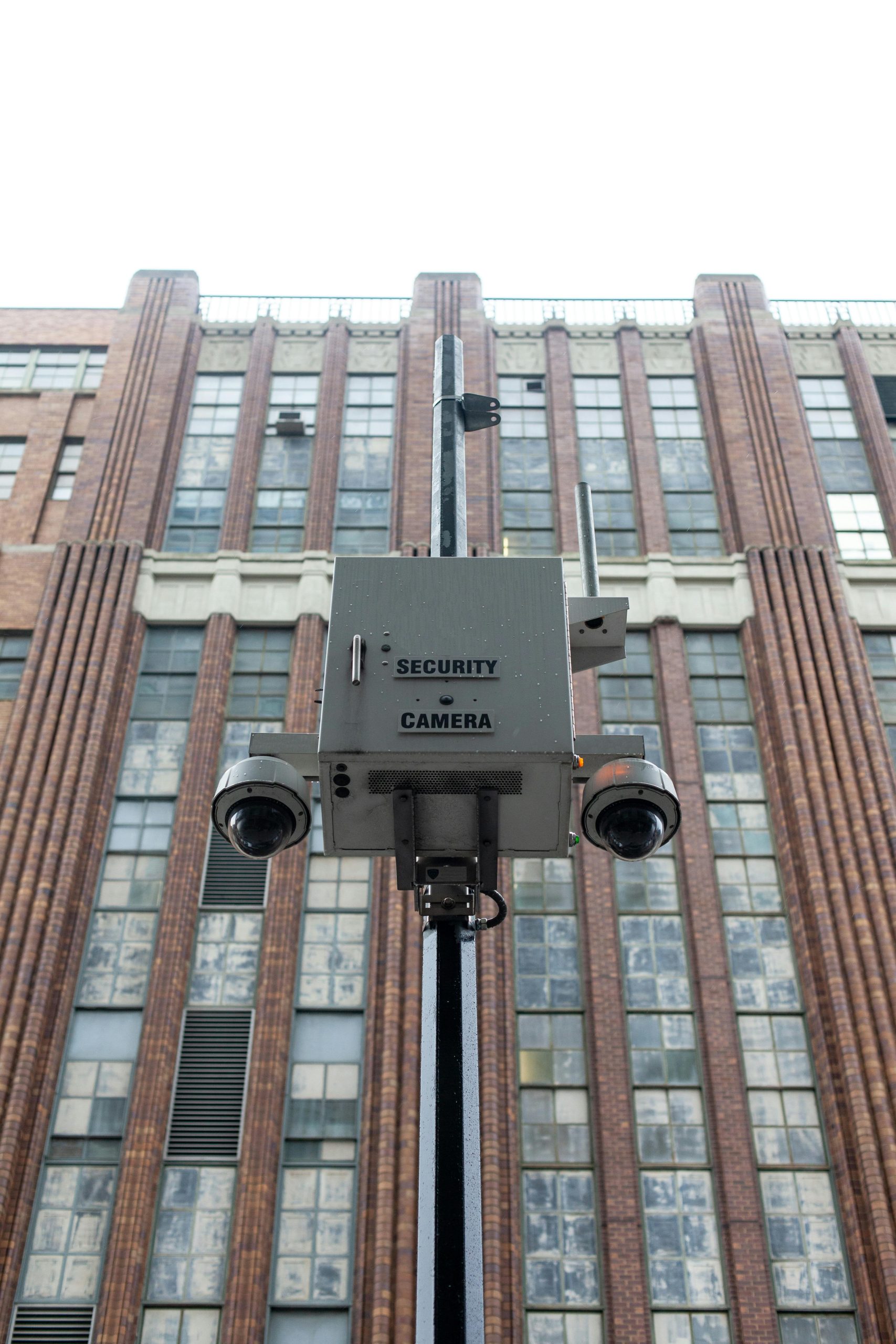The Phantom Time Hypothesis: Unraveling 1,300 Years of History
Have you ever wondered if our historical timeline might be drastically skewed? The Phantom Time Hypothesis suggests that an additional 1,300 years have been artificially inserted into our calendars, obscuring the true history of the Roman Empire and its remarkable influence on civilization.
The Roots of the Hypothesis
According to proponents of this theory, after the purported fall of the Roman Empire, there was a systematic manipulation of historical dates. This period of deception allegedly aligns with the 13 influential bloodlines of Rome—a move aimed at convincing the world that the empire existed long before its actual timeline.
Historical context tells us that a cultural renaissance flourished on the island of Crete from around 900 B.C. to 630 B.C. Meanwhile, the foundation of the Roman Kingdom was laid in 753 B.C., eventually transforming into the Roman Republic in 509 B.C. and subsequently evolving into the Roman Empire in 27 B.C. under the rule of Augustus. This pivotal year marked not only the establishment of the Praetorian Guard but also the dawn of the Pax Romana—an extended era of peace and stability in the region.
Following significant events like the Basel earthquake of 56 A.D., the Roman Empire faced its challenges, including the end of the Pax Romana in 180 A.D. and the poisoning of Emperor Severus in 211 A.D. As the capital shifted to Constantinople by 330 A.D., the focus of the empire moved eastward. Yet, curiously, we find ourselves in 715 A.D., with an alleged 1,300 years added to our understanding of history. How is it that, during these centuries, no monumental advancements such as new bathhouses, aqueducts, or coliseums were undertaken?
The Decline and the Deception
The relocation of the Roman capital to Constantinople is often viewed as the beginning of the empire’s decline. However, some theorists argue that this strategic maneuver served a dual purpose: to mislead adversaries and to maintain the empire’s powerful influence across what is now known as Britain, or Britannia.
Utilizing the frameworks of the later British Empire, the Romans sought to obscure their military prowess while simultaneously adopting the English language and uniform military fashion to further mask their identity.
A Veil of Illusion
Imagine countless soldiers, indistinguishable in their attire, effectively




What an intriguing exploration of the Phantom Time Hypothesis! This theory indeed opens up a fascinating dialogue about the reliability of historical records and the potential for manipulation of our understanding of history. It’s worth considering how our perception of time is not just a linear progression of events but is also influenced by cultural narratives and power dynamics.
One aspect that merits further discussion is the intersection of the Phantom Time Hypothesis with archaeological evidence. While the hypothesis suggests an extensive gap in our historical understanding, significant archaeological findings often provide concrete timelines that challenge or support historical narratives. For example, discoveries at sites like Pompeii or in Egypt have offered substantial insights into the socio-political landscapes of their respective periods, which might contradict the notion of a fabricated timeline.
Moreover, as we examine how history is recorded and taught, it’s essential to scrutinize the influence of dominant cultures in shaping narratives—such as the Roman Empire’s portrayal versus other contemporaneous civilizations. This propensity for revisionism is not unique to any one period; rather, it persists throughout history, reflecting the values and agendas of those in power.
Engaging with theories like the Phantom Time Hypothesis encourages us to remain critical consumers of history, questioning not only the veracity of historical claims but also the motives behind them. I’d love to hear more about how these discussions might influence our understanding of other historical events or societies. Do you think there are parallels in modern interpretations of history that reflect similar biases?